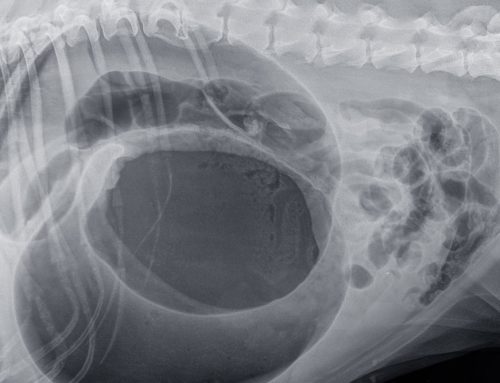Spring and summer bring sunshine-filled days, blooming flowers, warmer temperatures—and pesky parasites. While this mild time of year invites you and your pet to get out and enjoy nature, ensure you protect them from fleas and ticks by following these simple recommendations from our veterinary professionals at Star of Texas Veterinary Hospital.
#1: Understand that fleas and ticks can cause pets serious problems
Most people get chills at the thought of these bloodsuckers, which are more than a nuisance—fleas can cause your pet severe health problems.
- Fleas — These incredible jumpers can easily leap on your pet and reproduce rapidly—a single female flea can lay up to 50 eggs per day. The most common flea species that affects dogs and cats in North America is the cat flea (i.e., Ctenocephalides felis). Health conditions caused by fleas include:
- Anemia — Fleas can consume 15 times their own body weight in blood. Considering your pet may be hosting hundreds of fleas at one time, your pet could be losing a significant amount of blood.
- Flea allergy dermatitis — Pets can suffer this allergic reaction from flea saliva.
- Tapeworms — Some fleas contain tapeworm larvae, which can be transmitted to your pet if ingested.
- Ticks — Ticks can be tough to spot, because they are usually the size of a pinhead before they bite, and often remain undetected until they swell after ingesting their host’s blood. Like fleas, ticks multiply quickly, and a female tick can lay hundreds to thousands of eggs at one time. Ticks can cause many pet health conditions, including:
- Anemia
- Tick paralysis
- Skin irritation and infection
- Lyme disease
- Rocky Mountain spotted fever
#2: Reduce your pet’s flea and tick risk
While eradicating all fleas and ticks is impossible, you can reduce your pet’s flea and tick bite risk by following these simple tips:
- Ensure your pet receives year-round flea and tick preventives — Your pet needs a preventive not only during the warmer months, but also during the coldest winter months, because fleas and ticks can thrive in any temperature and condition. Preventives repel fleas and ticks, and kill them if they bite your pet. Remember, indoor-only pets should receive flea and tick preventives, as these parasites can enter your home on another pet or on your clothing and wreak havoc inside.
- Keep a clean house to reduce your pet’s risk — Check your pet’s fur closely after they have been outside to ensure they are bringing no fleas and ticks into the house, where they will surely reproduce. Regularly clean the areas where fleas and ticks can lurk (e.g., your pet’s bed, couches, curtains, carpets).
- Maintain your yard to keep fleas and ticks at bay — Trees, brush, and grass in your yard are popular flea and tick hangouts. By regularly mowing your lawn, removing grass clippings, and raking leaves, you make your yard less desirable to these parasites. Lawn treatments that prevent fleas and ticks are available, but before applying a treatment, read the label and speak with your veterinarian to ensure no ingredients could harm your pet.
- Check your pet regularly for ticks — Give your pet a once-over after they have been outdoors, especially if they have been in a dense, wooded area. Comb through your pet’s fur with your fingers, paying special attention to the following areas:
- Feet, including between the toes
- Ears, inside and out
- Face
- Neck
- Armpits
- Abdomen
- Tail
Any tick you find on your pet must be carefully removed with tweezers, and disposed of immediately. Also, schedule an appointment with our veterinary team, so we can examine your pet for disease from fleas or ticks, and recommend treatment and a prevention method.
#3: Avoid flea and tick congregating areas

Getting outside with your pet is great, but limit your pet’s time where fleas and ticks congregate, and closely check your pet for both pests after they have been in the following places:
- Wooded or grassy areas
- Wildlife habitats
- Dog parks
- Grooming, boarding, or training facilities
Do not let fleas and ticks ruin outdoor time with your pet. When you follow these tips, and ensure your pet has regular wellness examinations, you greatly reduce their risk of serious health conditions. If you have questions about the best flea and tick preventives for your pet, contact our team at Star of Texas Veterinary Hospital, and we will help you choose the prevention product that best suits you and your pet






